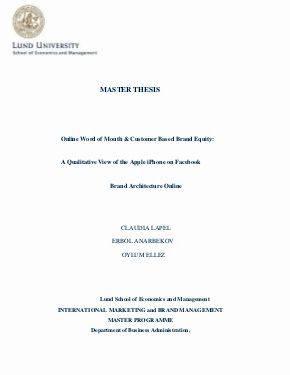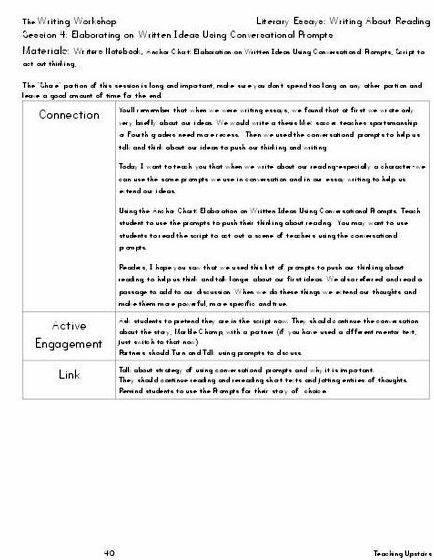

This program offers students a course of study responsive to the interdisciplinary nature of recent work in literary theory, literature and philosophy. It provides an extensive background in literary history and methods of reading, as well as significant preparation in philosophy and modern theories of language and interpretation informed by research from such fields as anthropology, the humanities, linguistics, psychoanalysis and semiotics. As a site for joint research and inquiry, the philosophy, literature and criticism group seeks to bring into focus such topics as the disciplinary articulation of knowledge and truth, the nature of epistemological and metaphysical foundations, the possibilities and limits of theory, and the politics of understanding and signification. It draws on exceptional campus resources in the areas of philosophy and modern theory of criticism, and seeks to bring these into vital interplay with literary research and work in the visual arts.
Students who enter with a BA earn a PhD in comparative literature with a specialization in the theory of criticism, as well as an MA in philosophy. Students who are admitted to the program with a master’s degree have a choice between two tracks: the option to pursue a master’s degree in philosophy and a PhD in comparative literature or to earn a PhD in comparative literature with a PLC specialization (without the master’s degree in philosophy).
Graduates are qualified for joint appointments in philosophy and literary programs and single appointments in comparative literature and national literature departments. Administered by the comparative literature department, the program is supervised by two co-directors, one from the comparative literature faculty and the other from the philosophy department, and a PLC program committee.

Admission to the Program
Qualified students holding a bachelor’s or master’s degree are eligible for admission (check web site of Binghamton Graduate School). An undergraduate specialization in philosophy or literature is desirable but not essential for admission. Students considered insufficiently prepared for work in the program may be required to do additional work to make up deficiencies.
During the first year of study, students entering with a BA are considered to be enrolled in a master’s level program. At the end of the third semester, students take a qualifying examination, a take-home test that is usually completed in the course of one weekend. (The reading list for this exam is an abbreviated version of the list used for the Comprehensive Examination, which is available at the departmental office.) Students entering with a master’s degree will take a qualifying exam after the second semester of study.

Students who fail the qualifying examination may take it once again. Students not admitted to the doctoral program in PLC may continue work toward a master’s degree in philosophy or comparative literature.
Course Requirements
For students entering with a BA the minimum course requirements for the PhD are 60 credits. Students are required to take COLI 592, the Proseminar, courses in literary criticism, theory, and literature, and six semester courses with philosophical content. The courses that fulfill this last requirement are determined every semester, but three of them must be taken in the philosophy department. Some of the specific requirements may be modified on the basis of the student’s prior experiences. Students may be asked to take additional courses in philosophy or in literature, depending on career goals and specializations.
Students should realize that the program may require more time for completion than more traditional programs of study.
Language Requirement
Students are required to demonstrate proficiency in French and German. The standard proficiency-level evaluations accepted by the Comparative literature Department are used. These, however, represent minimal requirements, and students are advised to develop stronger proficiency in languages essential to their dissertations. Students are expected to have satisfied the language requirements by the end of their fifth semester of study.
Examinations
PLC students take two examinations: The first is a qualifying examination, taken by students entering with a bachelor’s degree in the third semester and by students entering with a relevant master’s degree in the second semester. The examination is based on the PLC background core reading list (comprising philosophical and literary texts representing the core of the PLC program) and on the student’s coursework.
Comprehensive Examination
The comprehensive examination consists of four parts:
* A Dissertation Proposal (in the format of a substantial paper): This paper is expected to review primary and secondary sources and articulate the problem(s) that the student will focus on.
* Historical Construction of a Topic: This section of the exam is devoted to a theme that treats the student’s area of expertise in its historical dimension. This is a take-home exam, normally taken in the course of one week-end.
* Minor Field: This is a second area of specialization that may be conceived in such a way as to complement the major area of expertise or to represent an altogether different focus. This is a take-home exam, normally taken in the course of one week-end.
* Oral Examination: This segment is based on the dissertation proposal and on the preceding portions of the exam and involves all of the examiners.
Students choose an examination committee (subject to the approval of the graduate director) with a minimum of three examiners. The graduate director must be informed of the student’s intention to take the exam in the first week of the semester in which it is to be scheduled. Reading lists for parts two and three of the examination should be developed through close collaboration with the examiners and must meet with their approval. The approved reading lists must be handed in to the graduate director no later than four weeks before the proposed examination date. The dissertation proposal must be submitted no later than March 15 for an examination in the spring semester and Oct. 15 for an examination in the fall semester. The examination may be scheduled only after the graduate director receives the approved reading lists and the committee receives copies of the dissertation proposal. The oral examination should take place while classes are in session in fall or spring.
The student is formally admitted to candidacy once he passes the comprehensive examination.
Program Committee
Professor Brett Levinson, Comparative Literature,
Program Co-Director
Melissa Zinkin, Philosophy Department,
Program Co-Director
Gisela Brinker-Gabler, Comparative Literature
Jeroen Gerrits, Comparative Literature
The PLC program draws on a rich resource faculty that includes:
Pages, Neil Christian
Allen, Jeffner M.
Bar On, Bat-Ami
Guay, Robert
Pensky, Max A.
Art History
McDonough, Thomas
Tagg, John
Dissertation
The dissertation is similar in nature and scope to that required of students in the program in literary studies.
Translator Training
The certificate program in translator training is administered by the translation research and instruction program. (For a description, see: binghamton.edu/comparative-literature/graduate/trip/degree/certificate.html )
Previous answers to this question
This is a preview of an assignment submitted on our website by a student. If you need help with this question or any assignment help, click on the order button below and get started. We guarantee authentic, quality, 100% plagiarism free work or your money back.
 Get The Answer
Get The Answer